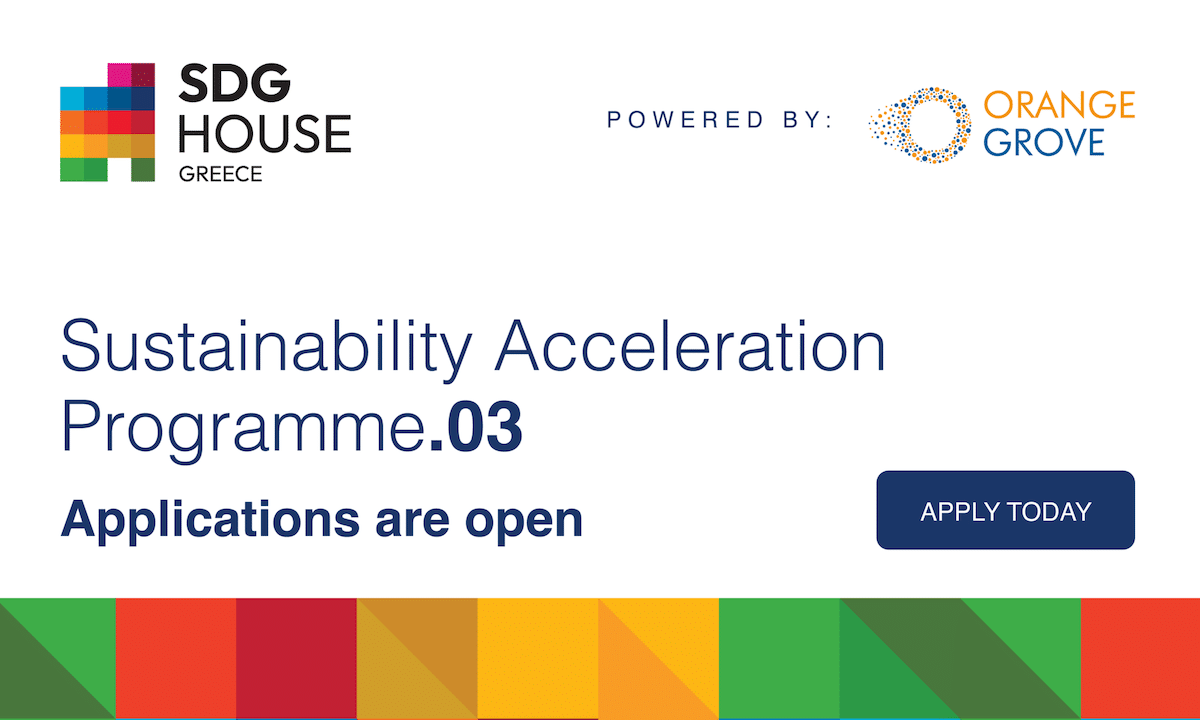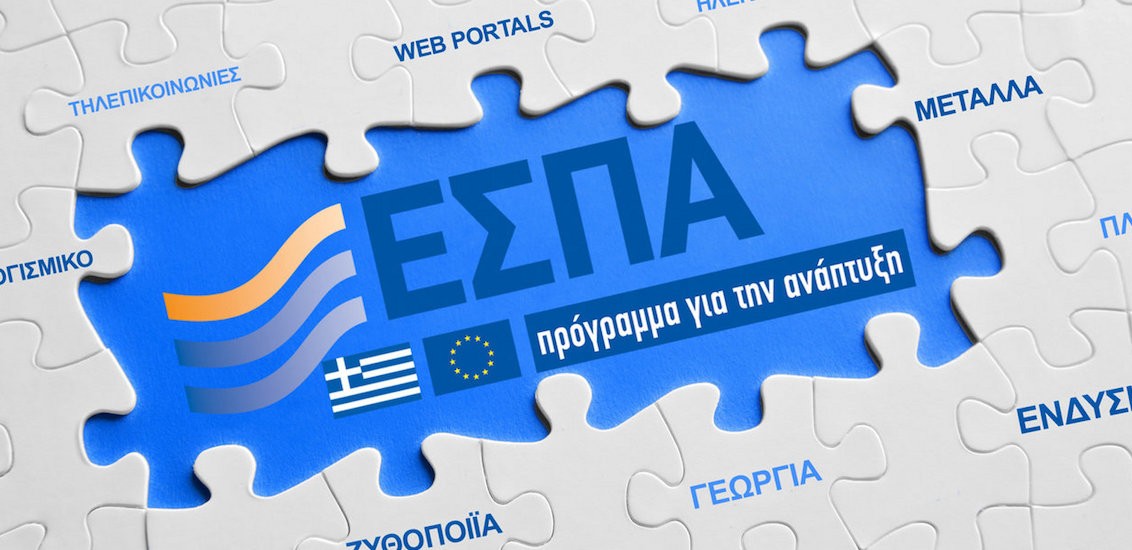
The 62% of Greek workers are looking for a new job with 30% to move actively in this direction and 16% have recently changed jobs. This conclusion follows from the latest Randstad Workmonitor survey. The evidence shows that the recovery from the pandemic it prompts employees to reconsider what they want from their lives and careers. A movement that is also found in other countries and Randstad characterizes as "Great Enlightenment".
Randstad's Workmonitor survey is conducted in 34 markets worldwide with the participation of 27,000 workers. In Greece it was conducted between August 23 and September 12, 2021 with the participation of 1,000 respondents.
According to the research findings:
- 59% of respondents in Greece feel the need to make changes to their work-life balance since the pandemic began. The corresponding global m.o. is 49%.
- 78% in Greece compared to 76% worldwide said they want more flexibility in their work and career, based on the experience gained from the pandemic.
- 73% have more clarity regarding their professional goals and 72% have more clarity regarding their personal goals since the beginning of the pandemic, a percentage corresponding to the global average.
The reward of Randstad Research
The Workmonitor survey is conducted twice a year in Greece and provides an opportunity to measure the pulse of the country's human resources. The current Workmonitor survey found that many workers feel undervalued. 62% are looking for a job because they feel they are not fairly or adequately rewarded for their current skills.
In the past 18 months, 85% reassessed how work fits into their personal schedule, while 42% said they feel more stressed by the pandemic and will have to make changes in their work lives.
35% of Greek respondents said they were promoted but only 12% said they received a salary increase. 14% stated that they have not received a salary increase, nor do they expect to receive one. Over the past year, earning capacity has improved for 12% of Greek workers due to an increase in demand for their skills.
89% of workers agree to continue attending training and retraining programmes to increase their employability.
However, 55% are struggling to decide which skills to focus on or acquire given the rapidly changing world of work. 80% would like the Greek government or their employer to provide skills assessment tests, so they can better understand which skills to focus on.
During the pandemic, for 37% of Greek respondents skills have become more important. 66% would consider looking for work outside Greece if it can be done remotely.
The most important factors that guide job/career choice
| Compensation/Benefits | 50% |
| Work flexibility to meet my obligations outside of work | 36% |
| Have a job with manageable stress levels | 36% |
| To have a job with meaningful content | 42% |
| To work in a safe environment | 48% |
| To work in a caring working environment | 40% |
| To work for a respectable employer | 43% |
| There should be possibilities for remote work | 23% |
| Professional development opportunities | 39% |
| Opportunities to gain more skills that will contribute to my employability | 22% |
| A workplace where I can connect with people | 23% |
| To have a supervisor who can support me | 18% |
| To work in a rapidly growing and/or innovative company | 18% |
Leigh Ostergard Managing Director of Randstad in Greece
Leigh Ostergard Managing Director of Randstad in Greece Workers around the world are now more self-aware, know what they want and act on it. The labor market is gradually changing from an employer's market to an employee's market, this development is beneficial for employees, however, it requires a change of strategy and adaptability from employers."
You can view Randstad's latest Workmonitor survey here.




